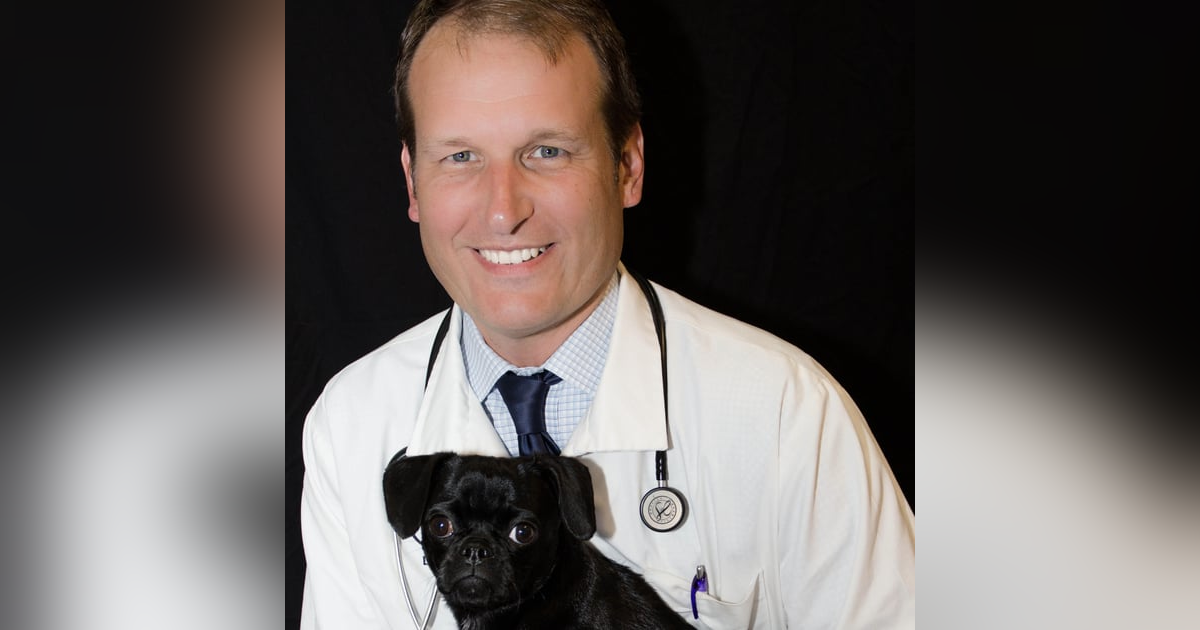#22: Be a mentor, be a boss, with Dr. Dan Markwalder

We were introduced to Dr. Dan Markwalder when we interviewed to Dr. Cody Creelman, who kept referring to him as one of the best mentors out there. Seeing as we’re all about mentoring here we knew that we had to have him on the show, and Dr. Dan certainly has the experience to make him an absolute mentoring guru:
He founded his first hospital at age 28, and has grown that business into an eighteen practice success story with the help of good partnerships and through fantastic mentoring relationships. He still practices in the clinics that he owns, and he is still passionate about mentoring veterinarians of all ages in all aspects of their careers. Dan speaks throughout the United States to veterinarians and practice managers on the importance of developing a culture of mentoring at a practice level, and frequently lectures to both SCVMA and VBMA chapters at numerous veterinary colleges throughout the United States.
He also the Mark in Markroy Consulting - a consulting service that offers coaching and workshops on aspects of practice management like leaderships skills, bridging generational gaps the practice, and team culture. Dan’s most recent venture, Vet Mentor Solutions, aims to share the mentoring model that has been so instrumental in assisting many new graduate veterinarians to achieve their individual goals, as well as help them in raising their personal production, with the greater global veterinary community though an on-line mentoring platform (vetmentorsolutions.com)
Dan’s insights in this interview on what mentoring actually means, and how we can, and should, apply it in our own workplaces has given me a lot to think about in my own workplace. And if you’ve ever wondered about whether you should consider practice ownership you really need to hear what Dan has to say on the topic. He discusses topics like choosing your business partner, setting the culture of your practice, what it looks like to be a good practice owner, and much much more.
To see the show notes or to check out our guests’ favourite books, podcasts and everything else we talk about in the show, click on the webpage link on the episode page wherever you listen to us, or visit the podcast website at https://thevetvault.com/.
If you have a question that you’d like us to answer with the help of our guests you can leave us a voice message by going to our episode page on the anchor app (https://anchor.fm) and hitting the record button, via email at thevetvaultpodcast@gmail.com, or just catch up with us on instagram. (https://www.instagram.com/thevetvault/) We’d love to hear from you!
And if you like what you hear, then please help us to spread the word by subscribing to the podcast (it’s free!), and by telling your friends about us.






